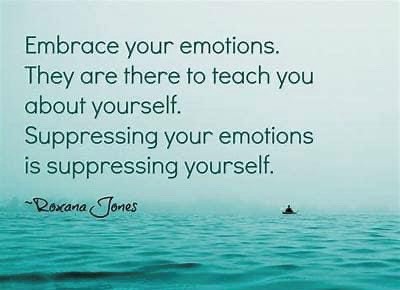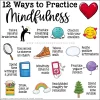The Power of Emotional Regulation: Mastering Your Emotions for a Happier Life
In our daily lives, we experience a wide range of emotions, from joy and excitement to stress and frustration. Emotions are an integral part of being human, but their impact on our overall well-being cannot be underestimated. The ability to regulate our emotions is a crucial skill that can greatly enhance our mental and emotional health, ultimately leading to a happier and more fulfilling life.
Understanding Emotional Regulation:
Emotional regulation refers to the ability to recognize, understand, and effectively manage our emotions. It involves being aware of our emotional states, controlling impulsive reactions, and choosing appropriate responses. While some individuals may naturally possess good emotional regulation skills, for many of us, it is a skill that can be learned and developed through practice.
The Importance of Emotional Regulation:
Effective emotional regulation has numerous benefits for our well-being. Here are a few reasons why it is essential:
- Enhanced Mental Health: Emotional regulation helps reduce the risk of mental health disorders such as anxiety and depression. It enables us to navigate life’s challenges with resilience and maintain a positive mindset.
- Improved Relationships: By regulating our emotions, we can respond to others in a more empathetic and compassionate manner. It allows for healthier communication, conflict resolution, and deeper connections with the people around us.
- Increased Productivity: Emotionally regulated individuals can better focus their energy and attention on tasks, leading to improved productivity and efficiency in various aspects of life, including work and personal projects.
Strategies for Emotional Regulation:
Now that we understand the significance of emotional regulation, let’s explore some practical strategies to help us master this essential skill:
- Mindfulness Meditation: Engaging in regular mindfulness meditation helps increase self-awareness and enables us to observe our emotions without judgment. By staying present in the moment, we can better understand our emotional states and choose how to respond to them consciously.
- Deep Breathing and Relaxation Techniques: When we find ourselves experiencing intense emotions, taking slow, deep breaths can help calm our nervous system and reduce reactivity. Practicing relaxation techniques like progressive muscle relaxation or guided imagery can also be effective in managing stress and promoting emotional balance.
- Cognitive Restructuring: Emotions are often influenced by our thoughts and beliefs. By challenging and reframing negative or distorted thinking patterns, we can positively impact our emotional responses. This involves replacing negative self-talk with more realistic and constructive thoughts.
- Physical Activity: Engaging in regular exercise not only has numerous physical health benefits but also helps regulate our emotions. Physical activity releases endorphins, the body’s natural mood boosters, and reduces stress, anxiety, and depression.
- Seek Support: It is essential to reach out to trusted friends, family, or professionals when we are struggling with emotional regulation. Talking about our emotions and seeking support can provide valuable insights, guidance, and a sense of connection.
Mastering emotional regulation is a transformative process that empowers us to take control of our emotions and lead a happier and more balanced life. By cultivating self-awareness, practicing mindfulness, and implementing effective strategies, we can regulate our emotions more effectively. Remember, emotional regulation is a skill that takes time and practice, but the rewards are immeasurable. So, let’s embark on this journey of self-discovery and emotional well-being, one step at a time.





